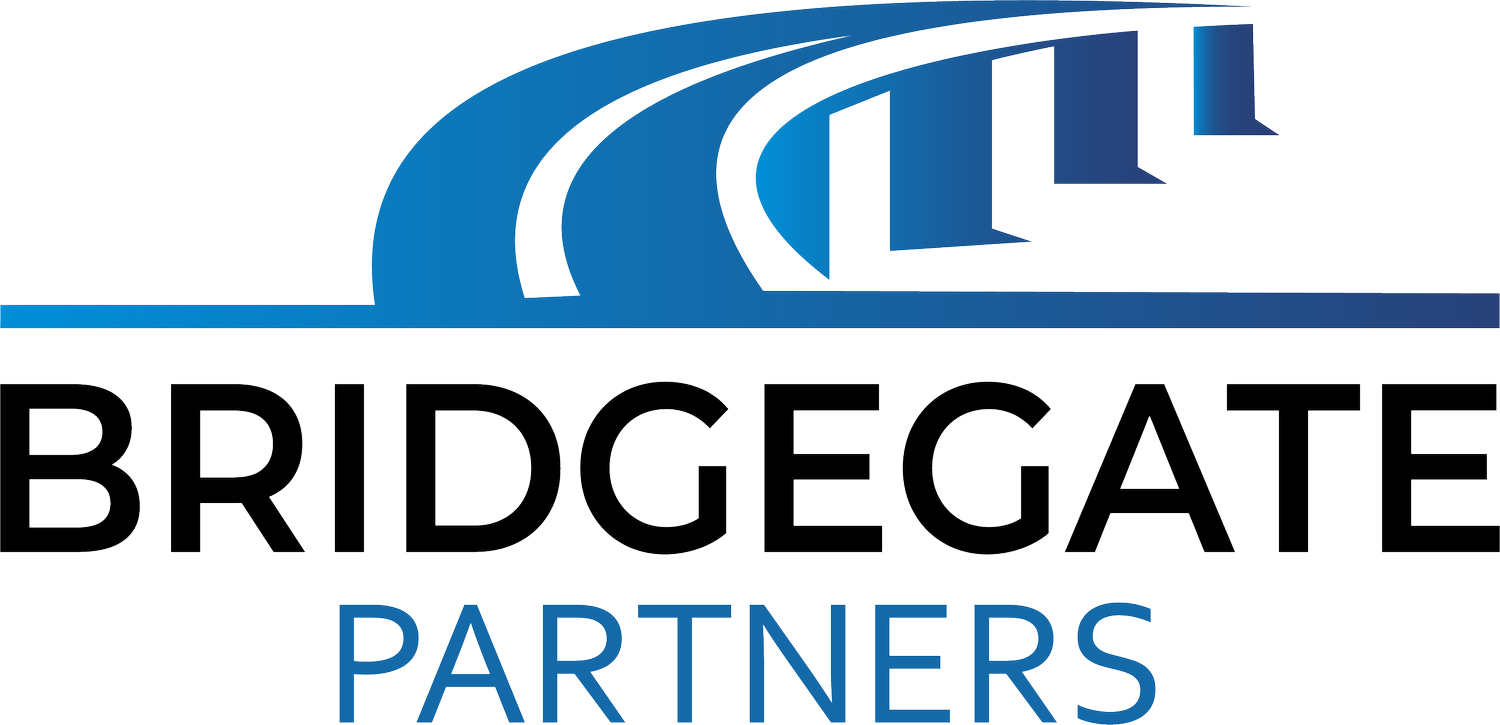Unlocking Business Value: 4 Methods for Business Valuation
If you’re thinking about selling your financial advisor practice, consulting business or any service business, you’ve asked yourself, “I wonder what my business is worth?”
The short answer is, like selling a house, your business is worth what someone will pay for it. This is a key point to keep in mind. A buyer determines the ultimate value for your business, not you.
However, you can get a rough idea of the value of your business by having a business valuation done on your business. In this blog post, first I’ll describe the four methods to value a business and then I’ll discuss who should do the valuation.
Four Business Valuation Methods
Asset-Based Valuation: This method involves calculating the value of a business based on its tangible and intangible assets. Tangible assets include things like equipment, real estate, and inventory, while intangible assets can include intellectual property, patents, trademarks, and brand value. This method is more suitable for asset-intensive businesses.
Market Approach: This method involves comparing your business to similar businesses that have recently been sold or are currently on the market. You'll look at financial metrics such as revenue, profit margins, and earnings multiples to determine a valuation multiple that can then be applied to your business. This approach is most effective when there is a sufficient number of comparable businesses.
Income Approach: The income-based approach values a business based on its projected future earnings or cash flows. This method often involves using techniques like the Discounted Cash Flow (DCF) analysis, which estimates the present value of a business's future cash flows. DCF considers the time value of money and the risk associated with the business. This method is suitable for businesses with a history of stable and predictable cash flows.
Seller’s Discretionary Earnings (SDE): This method is commonly used for valuing small businesses, especially those with an owner-operator model. SDE represents the total benefits that an owner derives from the business, including salary, benefits, and discretionary expenses. An earnings multiplier is then applied to the SDE to arrive at a valuation. The multiplier is typically based on industry standards and the perceived risk associated with the business.
Valuing a business is not an exact science, and different methods can yield different results. In practice, many business valuations use a combination of these methods to arrive at a more comprehensive and accurate valuation. Additionally, the specific circumstances of your business, industry trends, market conditions, and the motivation of both the seller and potential buyers can all influence the final valuation.
Who Does the Valuation
I have a strong bias a business valuation should be done by an independent valuation expert for two reasons:
You want a realistic estimate of the value to manage your expectations. A valuation done by a broker or online auction site may be slanted towards acquiring your business listing and is more of an educated guess than a thorough analysis.
When it comes time to share your estimated business value with a potential buyer, you want to tell the buyer your number comes from a reputable source. An interested buyer is more likely to accept the value from a reputable source as the starting point for the pricing negotiations.
A business valuation expert certified by the National Association of Certified Valuators and Analysts is one resource to consider. There is a directory on their website. You can also use a business valuator who holds the Accredited in Business Valuation credentials (ABV). The ABV certification is offered through the American Institute of CPAs (AICPA). Look for CPAs in your area with the ABC certification.
A business broker may offer to provide a valuation for no additional cost. Business brokers who offer this service for “free” are simply trying to acquire your business listing. A valuation done by a business broker is worth next to nothing. Avoid this trap at all costs.
The cost for a valid business valuation varies widely depending on the depth of the valuation and the size of your business. You can expect to spend between $20 to $100 for a ballpark valuation from a market-data service. A professional valuation from one of the resources I mention above will cost $500 to $5,000.
Unlocking the true value of your business before a sale is crucial for a fair deal. Relying on expertguidance can make all the difference. The complexities of business valuation demand the insights of an independent valuation expert.
To discuss which valuation approach might work best for your business and other exit planning issues,consider scheduling a get acquainted call with Steve Juetten, CFP© the Founder of Bridgegate Partners.
